Search Images
Browse Content (p. 1181)
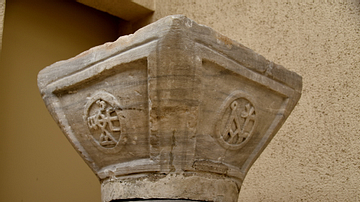
Image
Capital with Monograms of Justinian I and Theodora
This is a basket-shaped marble capital bearing monograms of the Byzantine Emperor Justinian I (reigned 527-565 CE) and Empress Theodora (tenure, 527-548 CE). 6th century CE. From Bakırköy, Istanbul, in modern-day Turkey. (Museum of Archaeology...
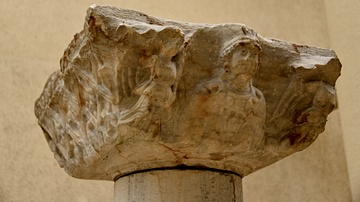
Image
Impost Capital Depicting Anastasius I and Ariadne
This is a marble impost capital (or impost block). The short sides of this capital bear images of Empress Ariadne (borne 450, died 515 CE) and her Husband, the Byzantine Emperor, Anastasius I (reigned 491-518 CE). 5th to 6th century CE. From...
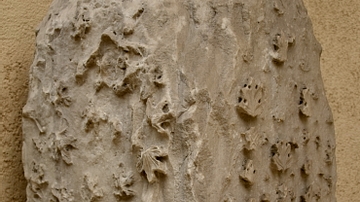
Image
Byzantine Corner-Block Inscribed with a Poem
This marble corner-block came from the Saraçhane excavations and dates to 524-527 CE. The inscription carries part of line 27 of a poem and reads "(The inhabitant of the whole world), sing your works, which are always remembered". From Istanbul...
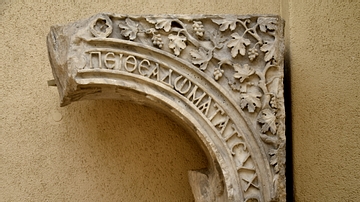
Image
Fragment of a Byzantine Peacock Arch
This marble fragment of a Byzantine arch was part of an entablature. It came from the Saraçhane excavations and dates to 524-527 CE. The inner part of the arch of the architrave was decorated with a relief of a peacock. The surface was decorated...

Image
Icon Portraying an Apostle
This marble icon depicts an unidentified image of an apostle. 6th century CE. From the Saraçhane excavations, Istanbul, in modern-day Turkey. (Museum of Archaeology, Istanbul, Turley).
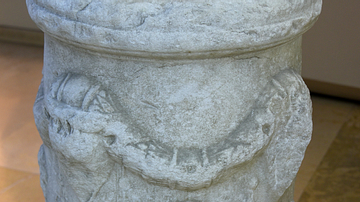
Image
Altar with a Garland from Kuruçeşme
This marble altar is decorated with a garland. 2nd to 1st century BCE. From Kuruçeşme, Istanbul, in modern-day Turkey. (Museum of Archaeology, Istanbul, Turley).
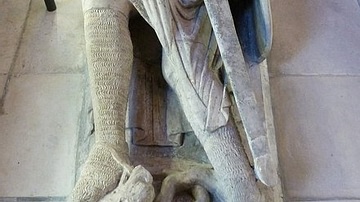
Image
Effigy of Gilbert Marshal at Temple Church, London
This effigy of Gilbert Marshal (1194-1241 CE) is one of the best-preserved effigies at Temple Church, London. Air raids during the Second World War severely damaged others.
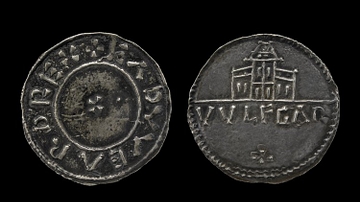
Image
Coin of Edward the Elder
Silver coin minted between 915-920 CE by Wulfgar, depicting Edward the Elder, king of the Anglo-Saxons (r. 899-924 CE). (British Museum, London)
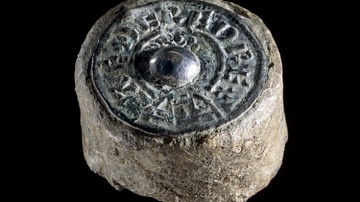
Image
Viking Weight
Viking weight comprised of lead and topped with a penny of Aethelred I (r. 865-871 CE). Acquired in 1991 near Wareham (Dorset). (British Museum, London)
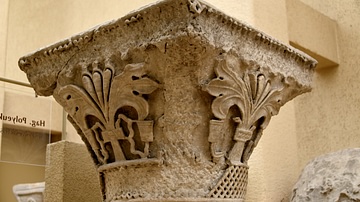
Image
Byzantine Capital with Palmettes from Saraçhane
This basket-shaped marble capital is decorated with a distinctive split-palmette. It dates to 524-527 CE and came from the Saraçhane excavations, Fatih, Istanbul, in modern-day Turkey. (Museum of Archaeology, Istanbul, Turley).